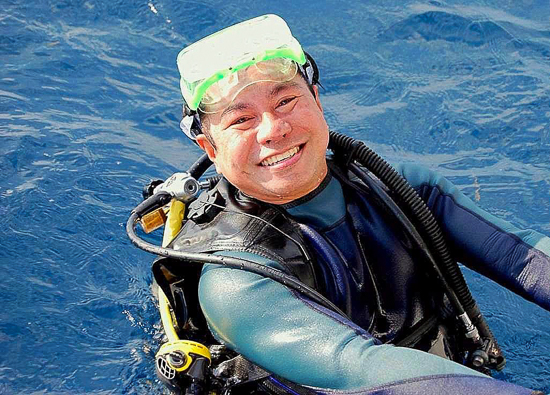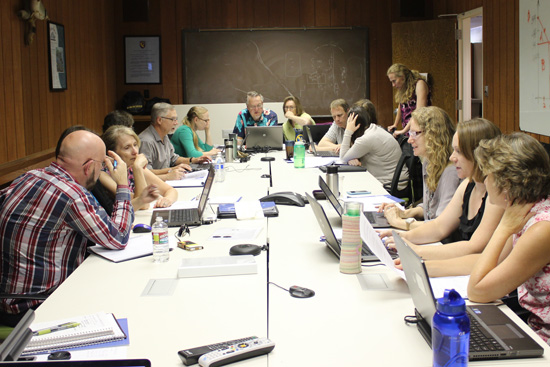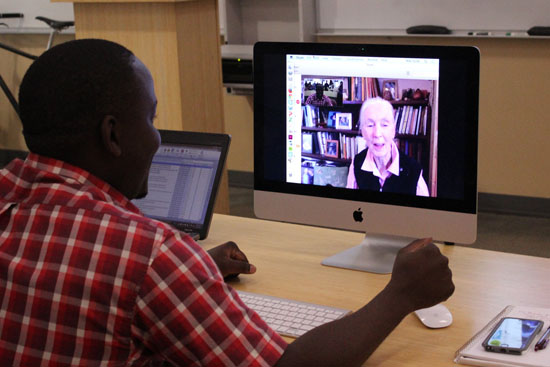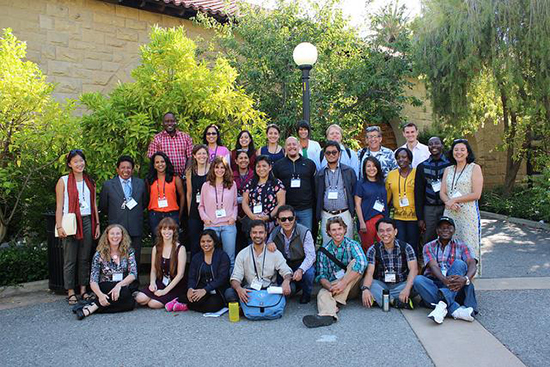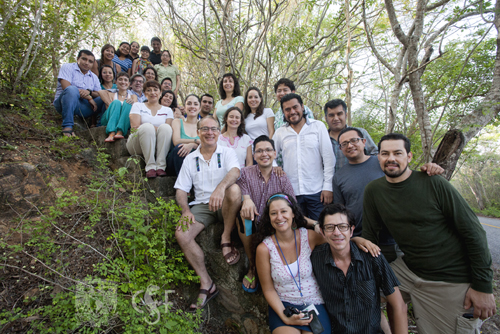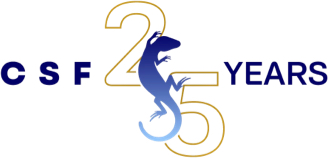News
For this month's Donor Spotlight series, I sat down with Jon Mellberg, a Bay Area-based contributor who has supported CSF's videos on economic valuation, part of our popular animated video series. He recently spent some time with me to discuss his background, why he supports CSF and even the best way to calculate the economic value of an elephant!
Aja: Can you tell me a little about your career to date?
Conseravation Strategy Fund is delighted to announce the appointment of Dr. Mubariq Ahmad as the first Director of CSF-Indonesia. Mubariq has enjoyed a 30-year career working as economic policy researcher and professional activist in a variety of organizations including The World Bank (2009-2015), WWF (2003-2009), and LEI/Indonesian Ecolabeling Institute (1997-2000). He will take the helm of CSF's program on February 1.
Native Kudu.
In September, CSF led several modules in a four-day workshop in Okahandja, Namibia sponsored by the GIZ ValuES program. ValuES is a global project that helps decision-makers integrate ecosystem services into policy making, planning and implementation of specific projects. A key element of the program is training on the selection and application of methods and tools for the assessment and valuation of ecosystem services. The Namibia course is one of several regional training courses taking place around the world in 2015 and 2016.
Course coordinators Margaret Duncan, Niki Gribi, Craig Martz, and Kim Bonine.CSF traveled to Sacramento, CA in October to lead a three-day training for the California Department of Fish and Wildlife (CDFW). Participants included 28 members of the CDFW staff, and 6 members of the California Fish and Game Commission (FGC). We were able to reach 16 staff in field offices across California using remote access technology and our online workspace.
Rushikesh Chavan at Pench River between Maharashtra and M.P. Photo courtesy of Ishwar Uikey
Our 17th annual International Economic Tools for Conservation course is underway at Stanford University! We have an amazing group of people from every corner of the globe sharing ideas about how to protect the ecosystems and human livelihoods of the world.
Last month, the National Autonomous University of Mexico (UNAM) and CSF presented the second annual Economic Tools for Conservation in Mexico and the Mesoamerican Reef. Twenty participants from different regions of Mexico and the Mesoamerican Reef came together to learn what economic drivers cause environmental problems and the potential solutions to them. The two-week course was held June 15th-26th at UNAM’s Chamela Biological Station in Jalisco, Mexico.
On June 16th, twenty-two members of the United States Agency for International Development (USAID) staff gathered in Washington, D.C. for a three-day training entitled Economic Tools for Integrating Biodiversity and Ecosystem Services into Development Investments. This course came about as part of our multi-year Biodiversity Understanding in Infrastructure and Landscape Development (BUILD) program, which is part of an agreement with USAID, funded by the Gordon and Betty Moore Foundation.


